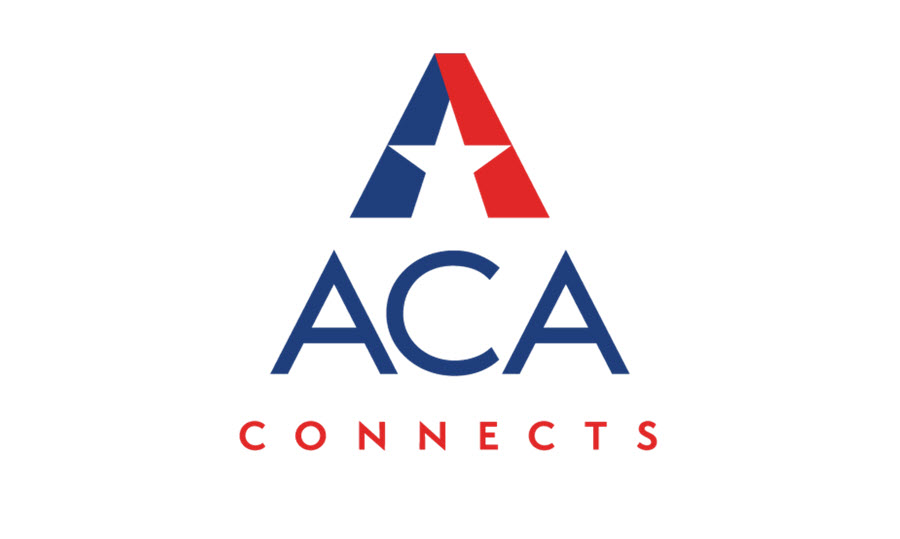ACA Connects Defends FCC's Net Neutrality Order
The smarter way to stay on top of the multichannel video marketplace. Sign up below.
You are now subscribed
Your newsletter sign-up was successful
ACA Connects has told the FCC that because all its members co-mingle broadband with cable or telecommunications, they can avail themselves of the right to attach to poles, so the FCC's classification of broadband as an information service has no impact on their pole attachment rights.

That came in reply comments to the FCC on the court remand of its Restoring Internet Freedom order for a better explanation of why the deregulation would not adversely impact pole attachments, public safety or broadband low-income subsidies.
It also said the FCC has other authorities to help broadband-only providers secure pole attachment at reasonable and nondiscriminatory rates now that they are not covered by that requirement.
ACA Connects also addressed the public safety issue. It says that the FCC's deregulation of ISPs and reclassification of broadband as a lightly regulated information service is promoting investment in broadband for all uses, including critical public safety uses. It said that any negative impacts are unfounded speculation. "The RIF Order is thus consistent with the Commission’s mandate under section 1 of the Communications Act to 'promote safety of life and property through the use of wire and radio communications,' " it said.
Related: FCC Seeks Comment on Restoring Internet Freedom Remand
The trade association also argues that ISPs have a "strong business incentive" to protect public safety -- not to mention a personal one, since their execs are part of the public that needs to be kept safe. But there is also the transparency requirement, that if ISPs did block or throttle or prioritize in ways that hurt public safety, they would have to disclose those to the Federal Trade Commission, which could take action.
The U.S. Court of Appeals for the D.C. Circuit upheld the bulk of the agency's December 2017 decision to reclassify ISPs as Title I information service providers that aren’t subject to Title II common-carrier regulations and to eliminate the rules against blocking, throttling, paid prioritization, and a general conduct rule. But the court said the FCC needed to better explain the impact of those decisions on public safety, the regulation of pole attachments, and its Lifeline broadband/phone subsidy program.
The smarter way to stay on top of the multichannel video marketplace. Sign up below.
ACA Connects did not weigh in on the Lifeline issue in its reply comments.
Contributing editor John Eggerton has been an editor and/or writer on media regulation, legislation and policy for over four decades, including covering the FCC, FTC, Congress, the major media trade associations, and the federal courts. In addition to Multichannel News and Broadcasting + Cable, his work has appeared in Radio World, TV Technology, TV Fax, This Week in Consumer Electronics, Variety and the Encyclopedia Britannica.

